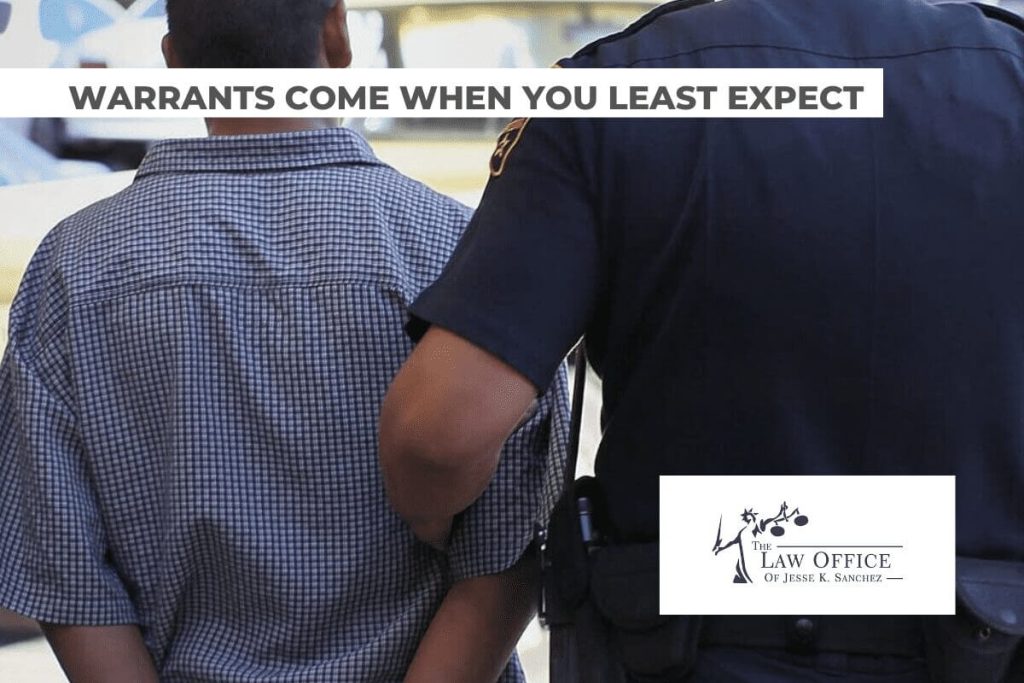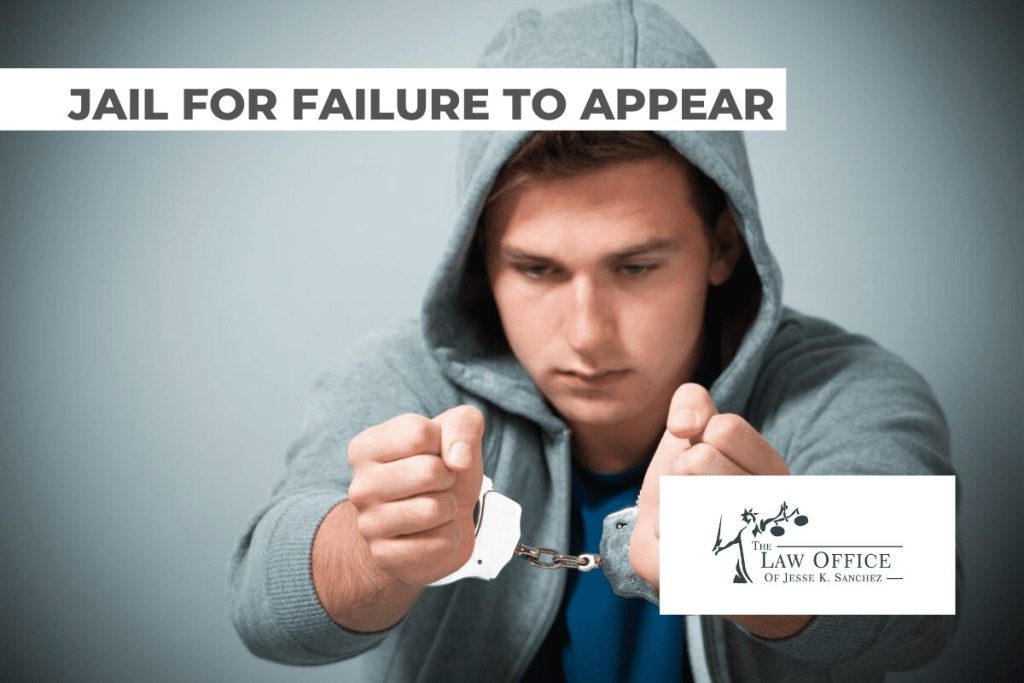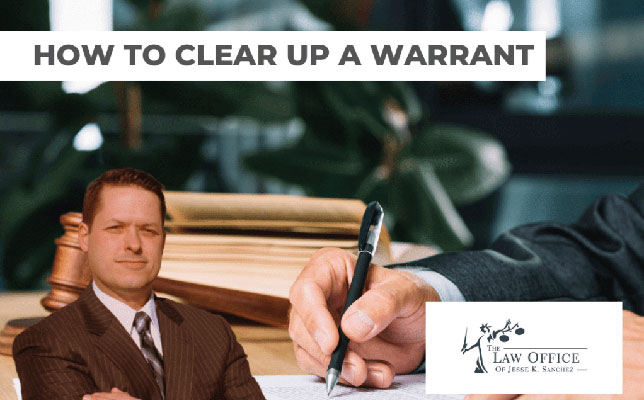First, if you find out that you have a bench warrant that you need to be cleared, contact a criminal defense attorney. Your criminal attorney will have the appropriate contacts with the court to determine the amount of your bail bond. Your attorney can arrange for you to arrive at the jail with the money for you to bond yourself out in hand, or if necessary, you will be met at the jail by a bondsman. The bail bondsman can “walk you through” the arrest and bond process without spending more time than necessary behind bars.
Reasons a Bench Warrant is Issued
Common reasons an Indiana bench warrant would be issued include the following issues:
- Fail to appear personally in court
- Failure to pay a traffic citation
- Failure to pay court-ordered child or spousal support
- Failure to report for trial as a juror, witness, or defendant
- Failure to obey terms of probation
- Failure to follow a court order to vacate a property
- Failure to pay a court-ordered fine
A bench warrant is issued if you have either chosen or mistakenly disobeyed a court order of some kind. Unfortunately, you don’t have to be present for this kind of warrant to be issued in your name. The purpose of this kind of court order is to make sure you agree to come to court.
As previously mentioned, missing jury duty, missing a court hearing, or even failing to make timely child support payments can result in a bench warrant being issued in your name.

Bench Warrants are Often Executed When You Least Expect
Generally, what occurs is that you might have an interaction with the police. As an example, you could get pulled over for speeding, not wearing a seatbelt, or running a stop sign. When the officer checks your driver’s license, the bench warrant that you failed to clear will show up on your background check, apply to you, and lead to your subsequent arrest.
How Long Do You Go to Jail for Failure to Appear
If you go to jail for FTA, the chances are that you could be in jail for a couple of weeks, potentially costing you your job, housing, even your vehicle. (If your car was impounded upon your arrest and you are unable to pay to get your vehicle from the impound lot.)
Two Types of Warrants
There are two types of warrants that the court can issue in your name are as follows:
1. Alias warrant
2. Capias Warrant
An alias warrant is issued when you had a court date or date to contact the court but missed, or for some municipal court citation. In this instance, you might be able to get the court clerk or court bailiff/sheriff yourself and make a deal to pay it in exchange for no jail time.
A capias warrant is issued when the judge sentenced you, and you did not follow through with executing your sentence. Generally, the only way how you can clear a warrant without going to jail is to contact a criminal attorney as soon as possible.

The Best Way How to Clear Up a Warrant Without Going to Jail
Chances are, if you have a warrant for your arrest, you will go to jail. The best options you have are to retain a skilled attorney to represent your interests and to act as your advocate to the court. If you need to clear up a warrant without going to jail, contact the Law Office of Jesse K. Sanchez at 317-721-9858 or email us at [email protected].




